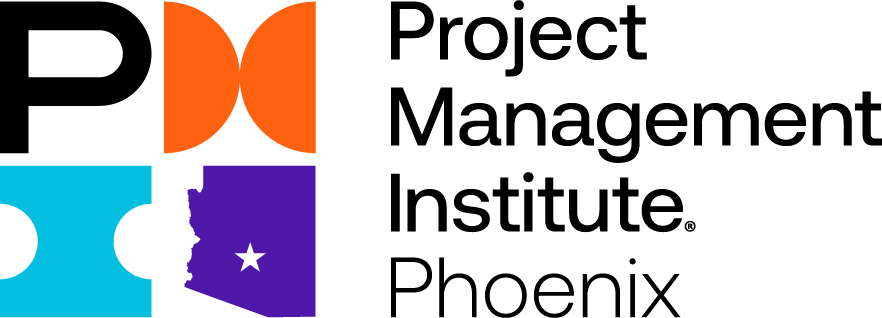The benefits of using an external risk consultant should include the following:
· They bring guaranteed expertise
· They can draw on proven solutions from other engagements
· Cross-fertilisation is possible, with the consultant bringing ideas from other industries
· They can offer creativity, innovation, and fresh thinking
· There’s no “start-up” time, the consultant is ready to work on day one, without training
· Consultants offer access to leading-edge thinking and practice
· Consultants should be familiar with all current tools and techniques
· They are able to perform specialist techniques, such as risk simulation
· Using a consultant allows hands-on training for own staff by shadowing or observing
· You can turn on and turn off the consultancy resource when required
· Using consultants allows cost-effective use of limited resources or funding
· You only need to use consultants for specific tasks with clear scope
· There are no overhead costs for your organisation
There are however a number of risks to consider when using an external risk consultant, including:
· The consultant may not understand your business or the specific risk challenge
· They may lack specific knowledge of your project or organisation or industry sector
· They may offer a “one-size-fits-all” solution, not tailored to your need
· Prerequisite information may not be in place to support the engagement
· You may need to share confidential information to get them started
· You need to manage knowledge transfer to own staff in order to avoid becoming dependent
· The initial engagement may reveal a need for further assistance from the consultant
· They may be more expensive than you expect, especially if follow-on work is needed
· They may not leave a solution that can be operated by your staff or organisation
· The consultant may use tools or techniques that you don’t have available after they leave
· Your underlying processes may be deficient, prejudicing results
· Consultants may poach your own staff or tempt them away
· Your proprietary information may be at risk
· The reality may not match the offer (many consultants over-promise and under-deliver)
· Senior risk consultant staff may sell the work but then junior staff may be used to deliver it
· The consultant may not be available when you need or want them
In addition to performing a benefit-risk analysis, the following criteria might be useful when selecting a risk consultant:
· Proven track record of successful delivery in similar situations
· Recognised and relevant risk qualifications
· Extensive client base in similar sector or industry or project types
· Good reputation
· Personal recommendation
· Demonstrable expertise
· Availability when required
· Affordable within budget
If you can find external risk consultants who meet all the selection criteria, and who offer all the benefits with none of the risks, you should engage them immediately!!
To provide feedback on this Briefing Note, or for more details on how to develop effective risk management, contact the Risk Doctor (

